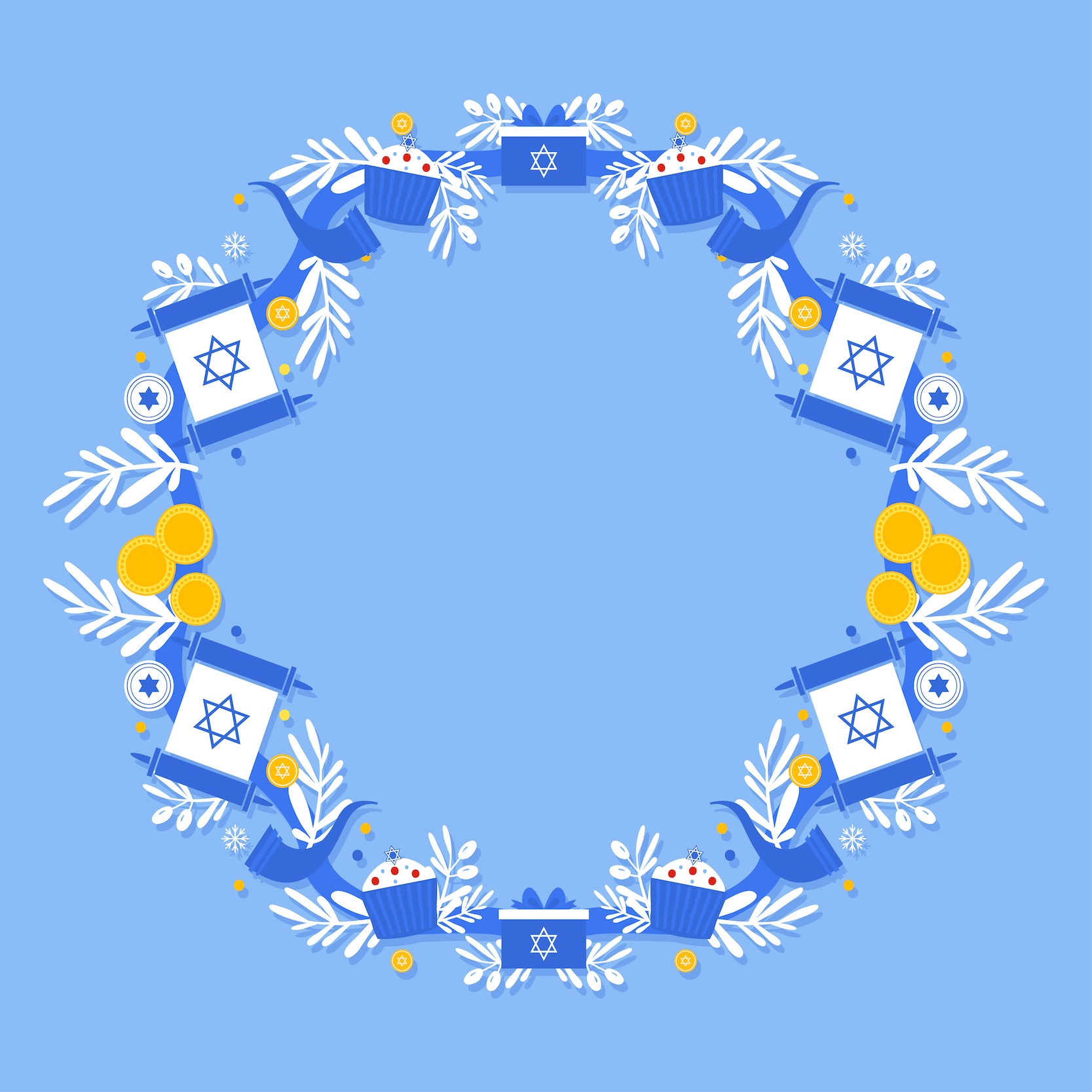Yom Kippur
The Day of Atonement
Yom Kippur is the holiest and most important day in Judaism. This is a holiday ordained in the Torah, where it is called a Shabbat of Solemn Rest, It is a day of fasting and prayer and it is observed 10 days after Rosh Hashanah, the Jewish New Year.
Yom Kippur marks the end of the “Ten Days of Repentance,” or the “High Holidays,” and grants Jews the last opportunity to obtain forgiveness and absolution for their sins in the previous year. According to Jewish belief, on Yom Kippur judgment is passed on each person for the coming year. In order to be worthy of forgiveness from sins, this day is devoted to spiritual repentance and a commitment to start the new year with a clean conscience, secure in the knowledge that God forgives every person who truly regrets his misdeeds.
Religious Jews spend the whole of Yom Kippur day in synagogue devoting themselves to prayer. It is customary to go to synagogue dressed in white clothing, symbolizing purity. At the close of Yom Kippur, the shofar - a ram’s horn - is blown to mark the end of the day of prayer and fasting.
A customary greeting on Yom Kippur and the period between Yom Kippur and Rosh Hashanah is "Gmar Chatimah Tovah" which is a blessing to have a good life for the upcoming year.
.jpg?resize=400x0)



